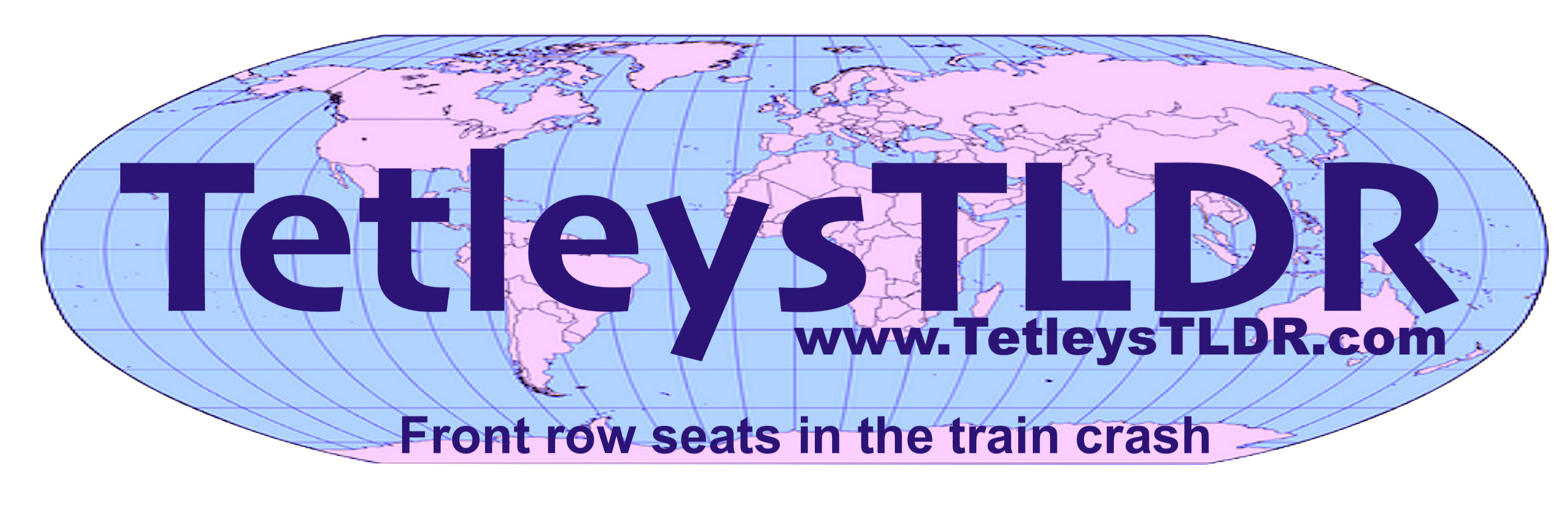Königsberg is Back, and Putin's gone apoplectic
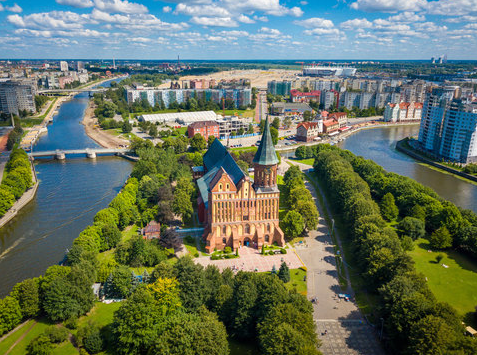
What's in a name?
In a glorious act of diplomatic trolling so subtle it might as well have been delivered with a Prussian sabre and a side of sauerkraut, several Baltic and European nations have begun referring to the Russian exclave of Kaliningrad by its original name: Königsberg. The move, which has absolutely no military consequence but a devastating impact on Vladimir Putin’s blood pressure, is being hailed by historians, pranksters, and EU bureaucrats with too much time on their hands as 'a delicious return to classical nomenclature'.
For those unfamiliar, Königsberg was a proud German city for centuries, it was founded in 1255 by the Teutonic Knights and was the stomping ground of the great German Philosopher Immanuel Kant, no less. That was until the Soviets scooped it up in the closing credits of World War II and renamed it Kaliningrad, after some dead Bolshevik who, ironically, never set foot there. Since then, it’s been Russia’s militarised mole on the flank of Europe: a duty-free vodka pit stop and nuclear warehouse with a Lidl. But now, amid the slow-motion horror show that is the war in Ukraine and the Kremlin’s knack for making every neighbouring state nervous, European diplomats have found a new way to get under Putin’s skin: semantics.
It started with a Lithuanian MP casually dropping the K-word during a live television debate, using its Lithuanian translation of Karaliaučius . Then a Polish official used it in a tweet with no explanation, no translation, and, most crucially, no apology. Now it is often mentioned in Polish news using teh Polich translation of Królewiec. Soon after, the Dutch Foreign Ministry updated an internal map showing Königsberg in brackets, right next to Kaliningrad like a ghost at a dinner party. And just like that, a word Putin thought he’d buried under Soviet rubble re-emerged, brushing the dust off its eagle crested spiked Pickelhaube.
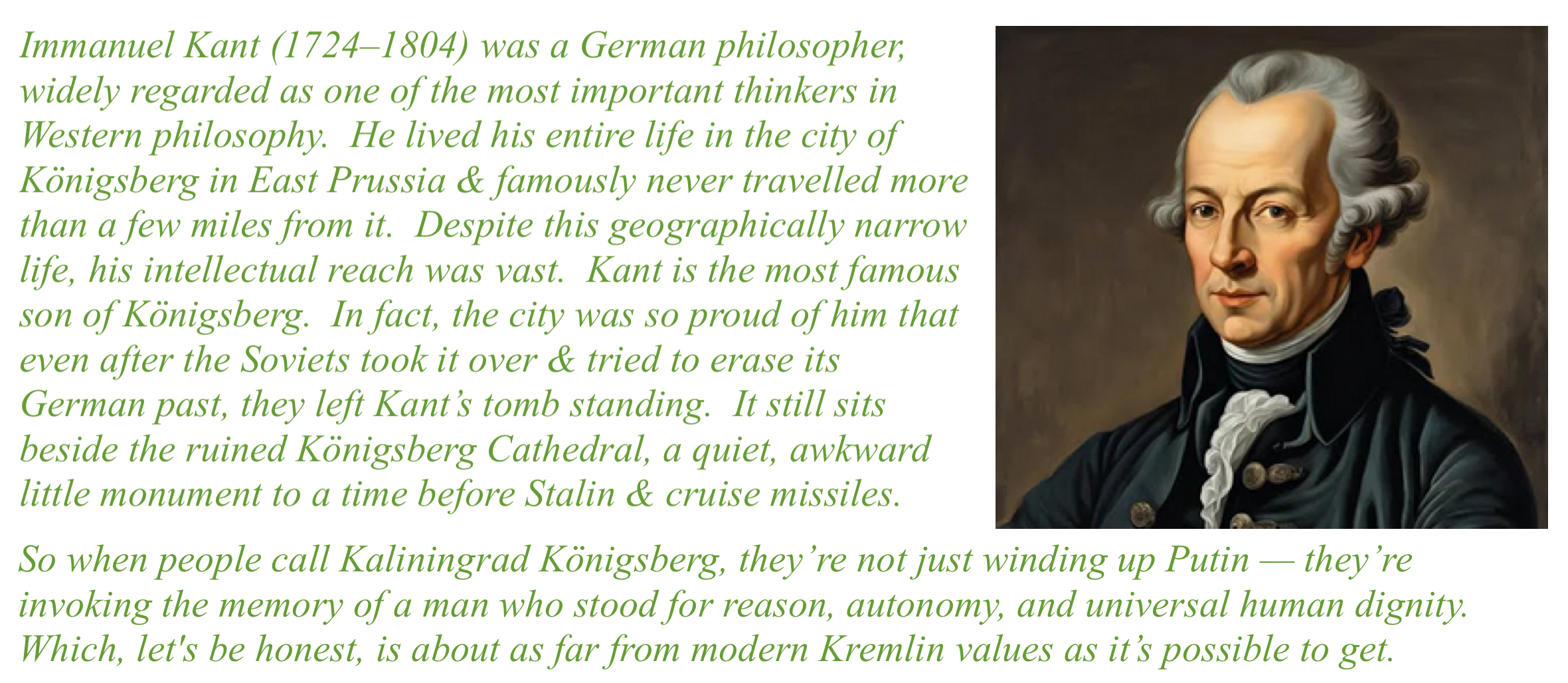
As you can imagine, the Kremlin reaction was swift, apoplectic and deranged. Dmitry Medvedev, Russia’s poundshop Rasputin, called the use of Königsberg 'a fascist insult to the memory of the Great Patriotic War' which is ironic considering what’s going on in, you know, Ukraine. Russian state TV showed grainy footage of German tanks from the 1940s and warned of 'Nazi revanchism' from Brussels, which is quite a stretch given the average German today is more likely to own a unicycle than a gun.
Putin himself, according to one insider, hurled a Fabergé egg at the wall and demanded a new campaign of 'historical reassertion'. Reports suggest he's ordered state archives to prepare a documentary proving Kaliningrad was actually an ancient Slavic city called Slavograd, that predates the dinosaurs and was the birthplace of Orthodox Christianity, Tolstoy, and potatoes.
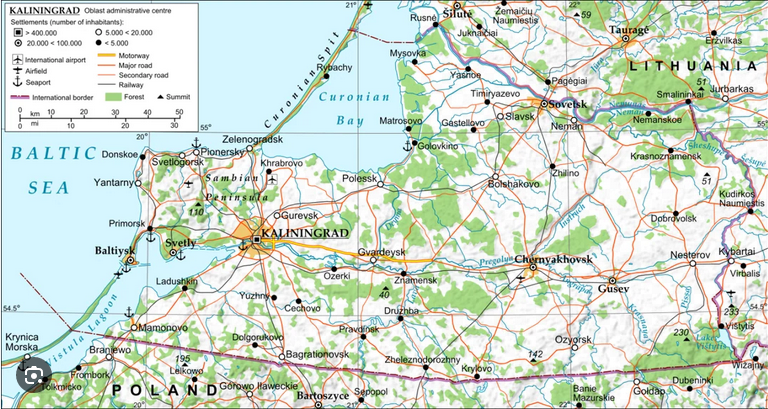
Meanwhile, Latvia has begun printing school textbooks that refer to Königsberg as 'a city formerly occupied by Russia between 1945 and 2025' and a Finnish art collective recently launched a public installation showing Putin’s head slowly shrinking each time someone types #Königsberg on social media.
The campaign has gone viral. Western leaders are playing coy. A spokesperson for the German Foreign Office said, “We respect historical nuance and support the freedom of geographic expression”, which is diplomatic code for “We’re enjoying this immensely”. The EU, normally as dynamic as cold wallpaper paste, has quietly adopted the term in certain heritage documents, describing Königsberg as 'a site of pan-European cultural legacy'. The Russian ambassador to the EU stormed out of a meeting after being handed a briefing folder bearing the offending label. And now, to add petrol to the fire and then toss in a lit cigarette for good measure, the people of Kaliningrad, sorry, Königsberg, are beginning to feel the stirrings of something Moscow dreads more than a NATO base or a decent opposition party: independence.
What began as mild regional grumbling about corrupt governors, rising prices, and conscription quotas has grown into something far more worrying for the Kremlin: a nascent, Western-facing movement calling for autonomy, if not outright secession. Social media channels, encrypted of course, buzz with Baltic memes and references to 'Free Königsberg': some serious, some half-pissed, all unsettling to the goons in the FSB. Local protest art has quietly adopted the blue-gold tricolour of the old Prussian flag. A student group calling itself Immanuel’s Children recently released a manifesto demanding an end to military rule and a referendum 'on our European future'. And you can barely order a beer in the old town without overhearing someone muttering about turning the exclave into an independent city-state, a kind of Prussian Singapore with less humidity and more gherkins.
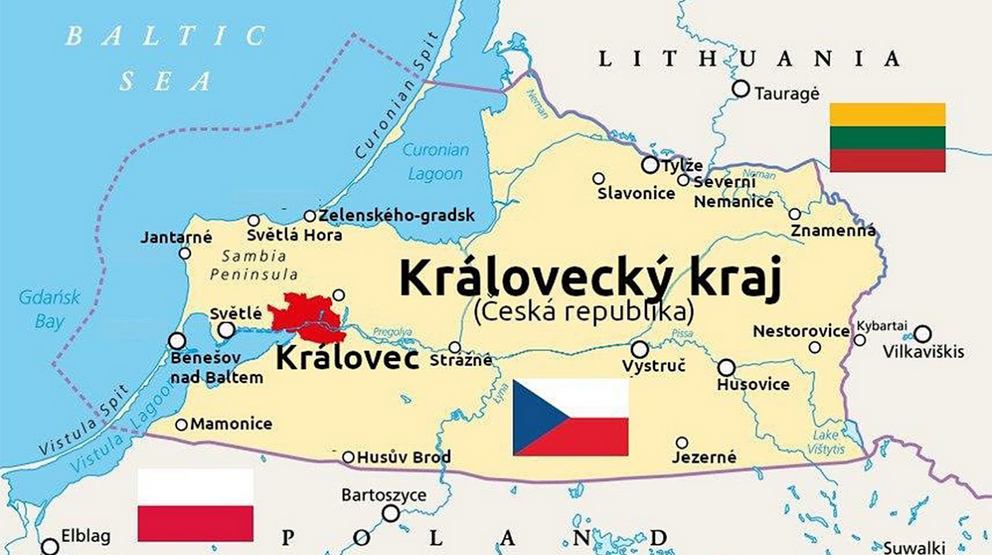
Even the Czechs have got in on the Joke and it's light-heartedly been suggested that it be annexed to give the land-locked country a sea port.
Even the old guard, those who once saw Moscow as the mothership, are growing weary. “What do we get from them but weapons, taxes, and lies?” one disgruntled pensioner told foreign press, before correcting himself: “...and potholes. Don’t forget the potholes.”
You’d think the Kremlin would crack down hard. And they will, no doubt. But here’s the thing: you can’t bomb your own propaganda. You can’t strangle a movement when all it wants is to stop being you.
And then there’s the Suwałki Gap: that slender strip of land between Poland and Lithuania, named after a sleepy Polish town but known in NATO bunkers as one of the most hair-raising chokepoints in Europe. For years, military planners worried it was the Alliance’s Achilles’ heel: a narrow 60-mile corridor that, if taken by Russia, could sever the Baltic states from the rest of NATO quicker than you can say 'Article Five'. But in a delicious twist of geopolitical irony, this very gap now serves as the wedge that isolates Russia’s prized Kaliningrad exclave from the mainland. Geographically, it cuts Moscow off. Politically, it makes Kaliningrad feel like an unwanted appendix, strategically sensitive, constantly inflamed, and perilously close to rupture. This gap, what was once a NATO vulnerability is now a daily reminder in Königsberg of just how far away and out of touch the Kremlin really is.
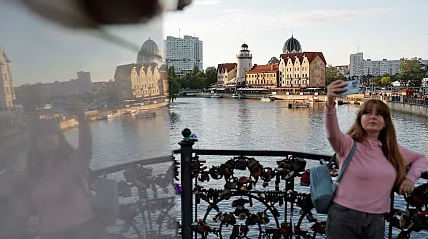
And that’s the bit Putin can’t bear: not that outsiders are calling it Königsberg, but that insiders are starting to as well. Back in Moscow, the mood is spiralling into full Red Square paranoia. Proposals are being floated to rename parts of Siberia 'New Königsberg' in protest, and there’s talk of invading Lithuania again, though only if the weather improves and Belarus agrees to lend them some petrol.
So there's a bit of a reality check here. No one’s actually trying to reclaim the territory. NATO isn’t putting tanks in Gdańsk with maps of East Prussia tucked under the wipers. But when it comes to despots like Putin, nothing gets under the skin quite like the erosion of myth. And Königsberg, that evocative, defiant, Teutonic ghost, reminds the world that Russia’s imperial swagger is built on theft, paper-thin propaganda, and a lot of very bad history.
And as for Königsberg itself? Its ancient motto, long buried beneath Soviet concrete and Kremlin command, is making a quiet comeback among local dissidents and irony-pilled students alike: “Semper Augustus” (Always Majestic). Once the proud boast of a crowned Prussian city, it now resurfaces as a sly wink at imperial decay. Because nothing says 'glory reclaimed' like spray-painting Latin onto a rusting Russian missile silo and dreaming, just for a moment, of trams that run on time and overlords who can pronounce Kant without choking on hypocrisy.
Let the old name rise. Let the motto echo. And let Putin stew in his own post-Soviet juices. Königsberg is back, in name, in memory, and maybe, just maybe, in spirit. As they once said in the cafés of old Königsberg: half-joking, half-daring
„Die Geschichte ist eine strenge Lehrerin.“ (History is a strict teacher). And right now, she’s rapping Putin’s knuckles with a Prussian ruler, while the rest of Europe looks on with a well-earned smirk and a mug of Schadenfreude, freshly poured and served piping hot: Keine zucker, keine kreme, and absolutely kein Trost for the man in the bunker. Semper Augustus, Vlad.
If the name fits, wear it. And Königsberg fits beautifully.
The world has gone mad. If you enjoyed reading this, please feel free to look at the rest of the blogs on www.TetleysTLDR.com. They're free to view, there's no paywall, they aren't monetised and I won't ask you to buy me a coffee. Also please free to share anything you find of interest, we only get the message out if people are aware of it. Just a leftie, standing in front of another leftie, asking to be read. All the best, Tetley
